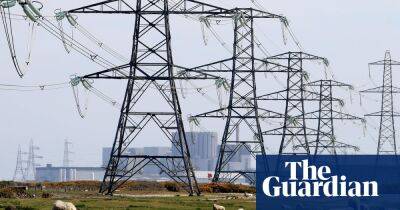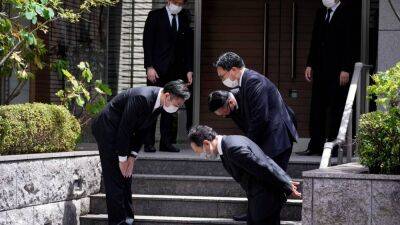‘Workers are winning’: Colorado law hailed as important victory for public sector workers
Labor unions have been fighting to secure the right to unionize and collectively bargain formore than 250,000 public sector workers at cities, schools, colleges and counties in Colorado.
Today, 24 US states, including Colorado, prohibit or limit collective bargaining rights for public sector workers, resulting in significant discrepancies in union density and wages among public sector workers in these states compared with states that mandate public employers to bargain with workers.
Unions have also been pushing for Congress to pass a bill to expand collective bargaining rights to all public sector workers across the US through the Public Service Freedom to Negotiate Act.
An analysis conducted by the Economic Policy Institute found local government workers receive, on average, 14.1% less weekly pay compared with similar private sector workers, and local government workers in states with no collective bargaining rights averaging 22.9% lower pay. Those local government workers with weak collective bargaining rights average a 16.6% pay gap, compared with just 10.5% gap for workers in states with strong collective bargaining rights.
Brittany Williams worked as a clinical social worker in child welfare services in El Paso county, Colorado, for about four years before leaving in July 2021 due to management’s lack of concern for high workloads and failure to listen to feedback from frontline workers on how to improve services.
“It is worse than not being unionized. It was like they’re going to pretend like you have a voice, and they’re going to make you feel like you do, but the minute you try to use it, we’re going to use it against you and punish you for it,” said Williams. “I stayed long enough to know what the problems were and
Read more on theguardian.com




![What Chainlink’s [LINK] supply flows tell us about the bulls’ readiness](https://finance-news.co/storage/thumbs_400/img/2022/7/10/32858_cbkh.jpg)















![Cardano [ADA] whales are back fishing after a strong retest – Here’s what’s next](https://finance-news.co/storage/thumbs_400/img/2022/7/10/32841_pz5e.jpg)

